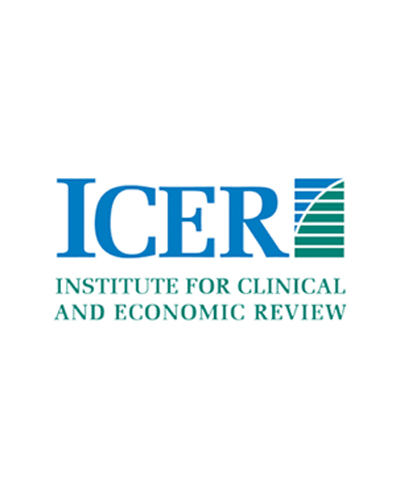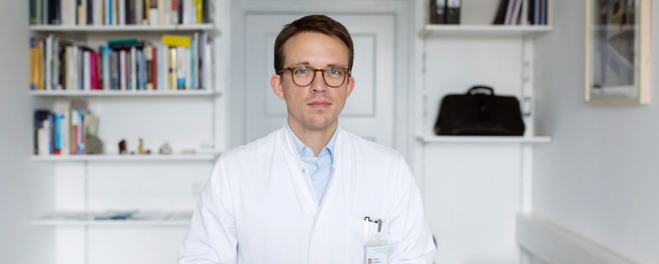
Over at Psychology Today, Tyler VanderWeele reports on the case of a paper that earned significant headlines — and has now been retracted:
In 2015, a paper by Jean Decety and co-authors reported that children who were brought up religiously were less generous. The paper received a great deal of attention, and was covered by over 80 media outlets including The Economist, the Boston Globe, the Los Angeles Times, and Scientific American. As it turned out, however, the paper by Decety was wrong.
VanderWeele notes that Azim Shariff, of the University of California, Irvine, asked Decety for the data, and
Continue reading Authors retract paper claiming religious upbringing is linked to less generosity


